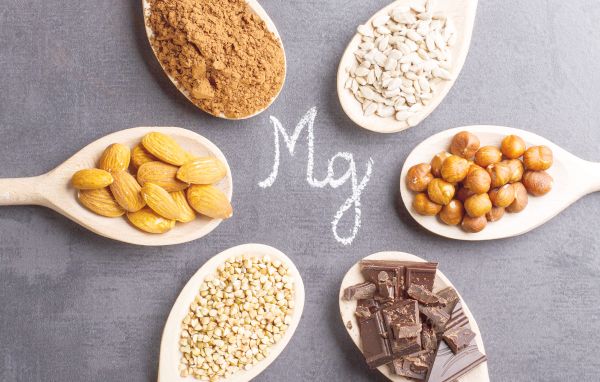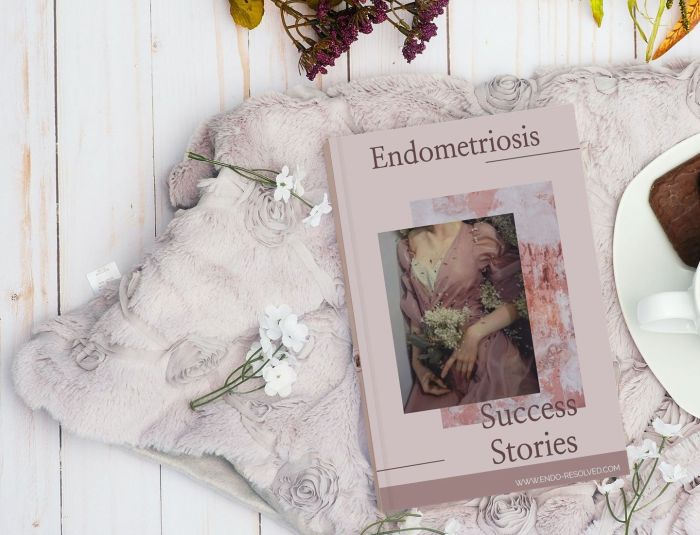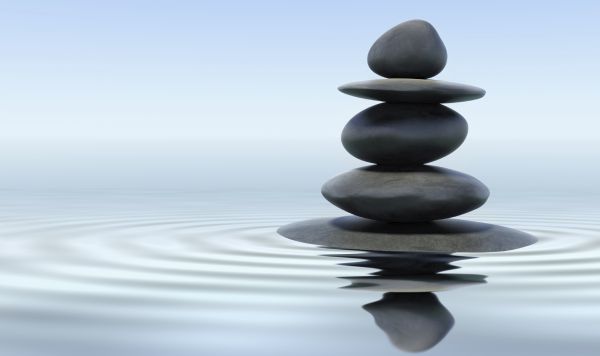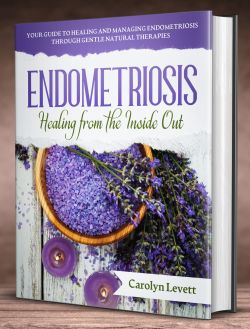Helpful herbs for endometriosis
Herbs and herbal remedies can provide a variety of health benefits and help with many health problems and diseases. Endometriosis can also obtain benefits from certain herbal remedies.
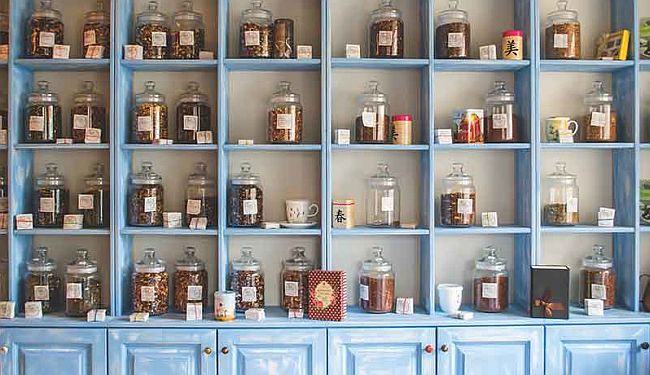 Traditional herbal medicine
Traditional herbal medicineThe following is a collection of herbs that have different properties which are helpful for women with endometriosis. Herbal remedies have been used for centuries and have provided much needed relief of many ailments and diseases.
Certain herbs have an affinity with gynaecological conditions, menstrual issues, as well as providing support to the immune system and providing vitamins, minerals and essential nutrients.
Various herbs are also able to address the imbalance of estrogen, which is common for women with endometriosis.
Blue Cohosh
Blue Cohosh is mainly a female glandular herb that has strong antispasmodic properties found beneficial in the relief of cramping, muscle discomfort, uterine disorders, and menstrual irregularity.
Blue Cohosh is indicated in any condition where there is weakness or loss of tone of the uterus. It eases the cramps of periods and the pain associated with pelvic inflammatory disease, endometriosis or fibroids. It also has a tonic effect on the uterus and fallopian tubes and increases uterine muscle tone.
Dong Quai
Dong Quai is used for all kinds of gynaecological, menstrual, or menopausal symptoms.
Dong Quai is also used to provide energy, vitality and resistance to disease and is a wonderful blood tonic, promoting its production and circulation. However it is not advised to use during menstruation as it can increase blood flow and cause heavy bleeding.
This plant also has a reputation as a liver tonic, protecting the liver against toxins and stimulating liver metabolism. Not recommended if nursing or pregnant unless under the guidance of a medical professional.
Motherwort
The name of this plant shows its range of uses. 'Motherwort' shows its relevance to menstrual and uterine conditions (due to its alkaloid content). It has been shown to calm palpitations and normalise heart functions in general.
As a nervine this herb is particularly effective in treating menstrual and uterine conditions, especially those influenced by anxiety or tension such as delayed or suppressed menstruation, menopausal changes and false labour pains.
Some women with endometriosis have had great success with this herb, while for others it has made symptoms worse, so you need experiment and start slow and use low doses.
Liquorice
In China, liquorice root has been called “The Great Detoxifier.” It acts on the endocrine system and the liver as an anti-hepatotoxic effective in treating hepatitis and cirrhosis. Liquorice is regularly used to regulate estrogen levels.
A recent study found that liquorice root actually stimulates the production of interferon, the vital chemical in the immune system that could be the key to preventing and treating many immune response deficiency diseases.
Liquorice is said to be beneficial as a uterine tonic and to induce normal ovulation. Caution: Excessive and prolonged use of liquorice root can cause sodium retention and potassium depletion. Potassium supplementation (75-100mg daily) prevents this problem. Not recommended if nursing or pregnant.
Peruvian Maca Root
Peruvian Maca root, or Amazon Ginseng as it is sometimes referred to, is a vegetable root or tuber, related to the potato and the Mexican Wild Yam. Maca root has been used by the native Peruvians since before the time of the Incas for both its nutritional and medicinal properties. Like liquorice, Maca is also able to reduce estrogen levels.
It contains significant amounts of amino acids, complex carbohydrates, vitamins B1, B2, B12, C and E and minerals, including calcium, phosphorus, zinc, magnesium and iron. This herb has been traditionally used to increase energy, vitality, stamina and endurance in athletes, promote mental clarity, address menstrual irregularities and female hormone imbalances, including menopause. Not recommended if nursing or pregnant.
Raspberry
Raspberry tea is recommended for easing menstrual cramps and helps relax the uterus. Researcher do not know the active compound of Raspberry, but they speculate that it might be Pyncogenol (OPC). Pycnogenol is a compound of natural chemicals found in the bark of the European pine tree.
In one study, taking 200mgs of OPC daily over two cycles eliminated menstrual cramps in 60 per cent of the women who took it. Among women who took OPC for four cycles, the number who benefited was even higher - 60/80 per cent. So the longer you take it, the better it works. ( 1 )
If you are considering using herbs to help with your symptoms of endometriosis it may be advisable to consult with a practising herbalist to get accurate advice. You need to know what dosage to take and for how long you can use a certain herb. You also need to know there are no contra-indications with any medications you are taking.
References:
( 1 ) Pyncogenol study
https://www.verywellhealth.com/natural-treatments-for-endometriosis-89275
https://www.webmd.com/women/endometriosis/tips-for-living-with-endometriosis#1
https://endometriosisnews.com/2017/08/10/5-natural-treatment-options-endometriosis/
 As featured in:
As featured in: